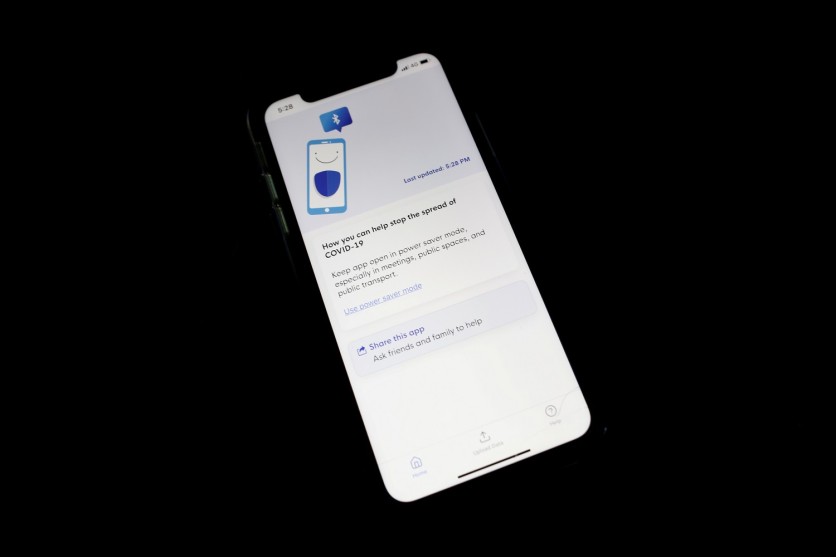A few weeks ago, Germany backed the creation of a centralized contact tracing app to track the spread of the coronavirus in the country, but now the government is singing a different tune as it eyes to adopt a decentralized approach to contact tracing.
The decision was made public after the release of a joint statement from German chancellery minister Helge Braun and health minister Jens Spahn.
Europe is struggling to have a uniform approach for the coronavirus contact tracing app as two opposing groups are locked in a battle between the centralized approach against the decentralized approach. The debate about centralized and decentralized approaches has been going on for weeks. The app will automate the contact tracing by using Bluetooth-based smartphone proximity as a proxy for infection risk.
Under the centralized approach, its advocates proposed a pseudonymized proximity data loaded and processed on a server managed by a national authority. But privacy experts are concerned that permitting authorities to filter citizens' social graph might be used for state surveillance.
On the other hand, a decentralized approach means that temporary I.D.s stored locally on a device will only be uploaded with a user's permission after a confirmed coronavirus diagnosis. Unlike in the centralized approach, social graph data is not centralized since a relay server is used to broadcast infected I.D.s, which enable devices to calculate if there is a risk that requires notification locally.
A report on TechCrunch said that the decision of Germany was a setback for the PEPP-PT standardization effort. PEPP-PT has been a staunch supporter of centralization. It claimed that centralization could 'preserve privacy' by not tracking location data. Its strong support centralized architecture for tracking coronavirus contacts but later said that it would support decentralized protocols as well. But European privacy experts criticized its privacy-preserving claim. TechCrunch also noted that there were concerns about the lack of transparency, which is behind PEPP-PT and the protocols they claimed to support.
READ ALSO : COVID-19 Update: 9 People Infected Because of Air-Conditioning; Don't Use AC, Experts Say

Supporters of Decentralized Approach
The European Commission was one of the staunch supporters of decentralized contact tracing apps and even recommended it to improve the trust in the app for broader adoption in the region. The Commission cautioned European governments on attempting to centralize proximity data amidst the pandemic.
Earlier, tech giants Apple and Google announced a project that adopts a decentralized approach in contact tracing wherein contacts are stock only on user devices until they get a positive coronavirus diagnosis, with data alone leaving the device upon that confirmation.
Over a week ago, PEPP-PT said that they are having talks with Apple and Google about altering their approach to accommodate centralized protocols. However, the two tech giants never confirmed any discussion.
READ ALSO : [BREAKING] COVID-19 Update: New Zealand 'Eliminated' Virus Saying "We Have Won That Battle"
Centralized Approach Backers
With Germany backing out, France and the United Kingdom are the remaining principal regional backers of the centralized app.
In France, the government, with the help of Germany's Fraunhofer Institute, is currently developing a centralized coronavirus contacts tracing protocol called ROBERT. The report said that the French government announced that its approach complies with data protection rules, and pledged to publish a data protection impact assessment before launching the app. "A debate in the French parliament tomorrow is due to include discussion of contacts tracing apps," the report added.
In the United Kingdom, a contact tracing app is being developed through the government's healthcare tech body, NHSX. The U.K. public healthcare unit's digital transformation division told TechCrunch that "it's working with Apple and Google on their welcome support for tracing apps around the world." Previously, the U.K. was eyeing to centralize proximity data.
In a statement, NHSX's Matthew Gould and Dr. Geraint Lewis assured that NHSX would publish the critical security and privacy designs together with the source code so privacy experts can 'look under the bonnet' and make sure the safety is world-class.
ⓒ 2025 TECHTIMES.com All rights reserved. Do not reproduce without permission.




